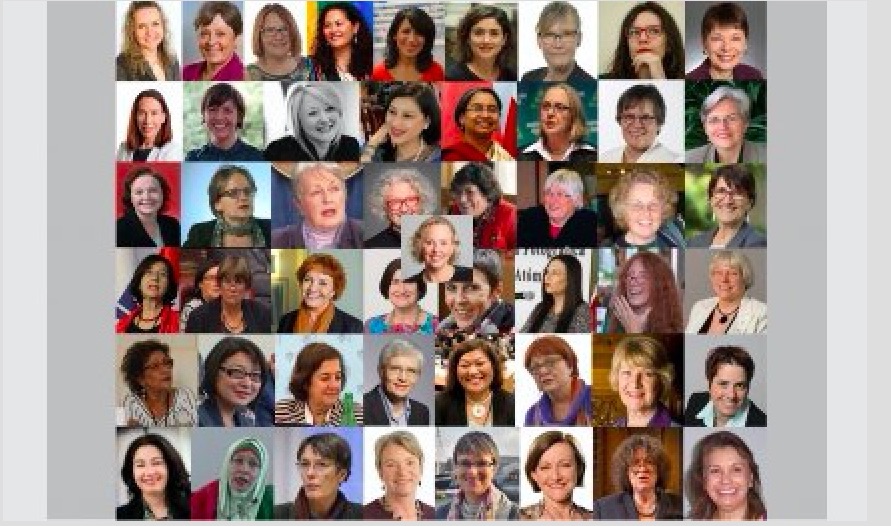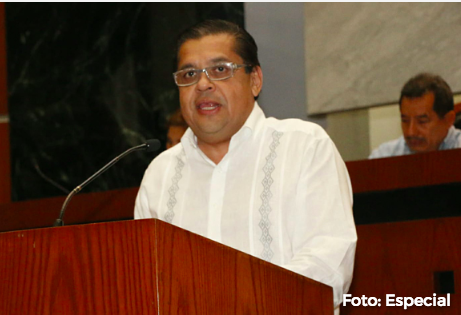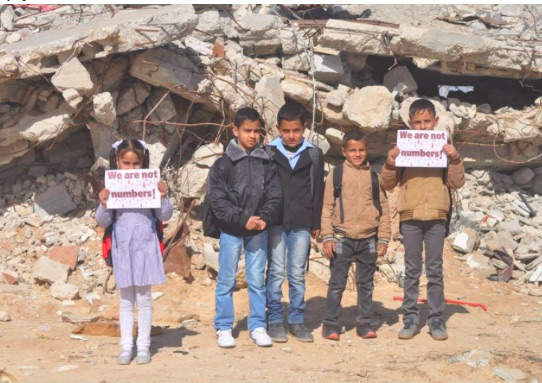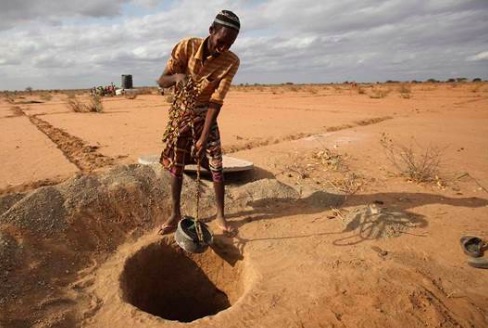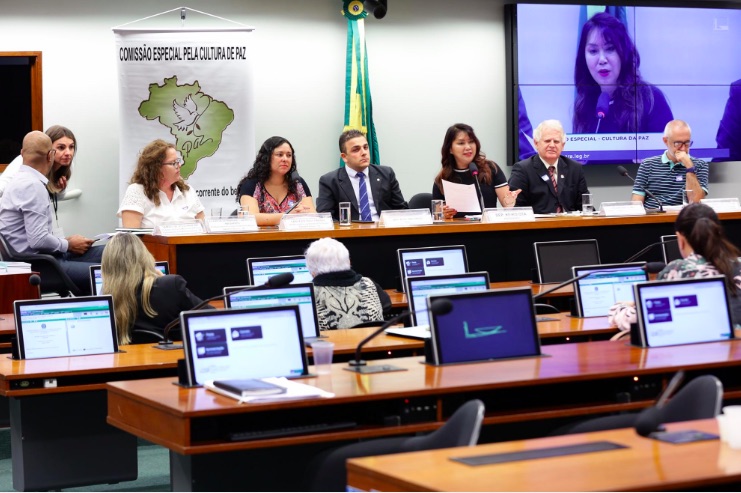Two major international events for peace that had been scheduled for May and June were cancelled or postponed this month, and, as a result, civil society has taken up the initiatives.
We are referring to the high level meeting between the Presidents of the United States and North Korea that had been scheduled for June 12 and the United Nations High-Level Conference on Nuclear Disarmament that was scheduled to open on May 14.
In Korea, the Nobel Women’s Initiative joined with thousands of Korean women, north and south, to call for an end to the Korean War, reunification of families and women’s leadership in the peace process. They held international peace symposiums in Pyongyang and Seoul where they listened to Korean women and shared experiences and ideas of mobilizing women to bring an end to war and violent conflict. And on May 24, International Women’s Day for Peace and Disarmament, along with 1200 Korean women, they successfully crossed the 2-mile wide De-Militarized Zone (DMZ) that separates millions of Korean families as a symbolic act of peace.
As readers of CPNN know from the bulletins of July, August and November, 2017, the proposal for a United Nations High-Level Conference on Nuclear Disarmament was a followup to the landmark UN treaty to ban nuclear weapons. The Conference was supported by the nations of the Non-Aligned Movement. However, it seems that pressure from the nuclear states has forced them to withdraw their sponsorship and postpone the conference. It seems now that it may never take place.
Although the Conference is not taking place, many organizations are taking up the cause for nuclear disarmament. In CPNN this month, we carry articles about initiatives by the World Medical Association, by women parliamentarians from around the world, by local activists at one of the largest American nuclear facilities and by the American Campaign for Compliance with the Nuclear Ban Treaty.
The Council of the World Medical Association, with delegates from almost 40 national medical associations, meeting in Latvia, expressed their strong concern about the growing threat of nuclear war and spoke about the catastrophic consequences of these weapons on human health and the environment. They urged all states to promptly sign and implement the Treaty on the Prohibition of Nuclear Weapons.
49 women parliamentarians from around the world, under the auspices of Parliamentarians for Nuclear Non-Proliferation and Disarmament, have issued an appeal, Common security for a sustainable and nuclear-weapon-free world. They come from Kazakhstan, Marshall Islands, Austria, Australia, Switzerland, Finland, Canada, Germany, Portugal, New Zealand, Sweden, Bangladesh, Netherlands, Jordan, UK, Norway, USA, Mexico, Chile and Costa Rica.
In Oak Ridge, Tennessee, one of the largest nuclear production facilities in the United States, local activists have raised enough money for a lawsuit to stop a new nuclear processing plant. At the same time they have carried their message against nuclear weapons to international meetings and to the United Nations.
The American Campaign for Compliance with the Nuclear Ban Treaty is mobilizing the civil society at all levels, individuals, businesses, faith communities, schools, organizations, cities and states to be in ‘compliance’ with the Nuclear Ban Treaty. Their goal is to put pressure on the nuclear weapons industry and eventually force the federal government to sign and implement the Nuclear Ban Treaty.
Finally, at another level, the Secretary-General of the United Nations, António Guterres, has announced a new initiative for disarmament, focusing on three priorities – weapons of mass destruction, conventional weapons, and new battlefield technologies. Hopefully, the pressure for disarmament and peace coming from both above and below the level of the state will be able to push through some progress.
|
DISARMAMENT AND SECURITY |
FREE FLOW OF INFORMATION |
DEMOCRATIC PARTICIPATION |
SUSTAINABLE DEVELOPMENT |
|
WOMEN’S EQUALITY |
HUMAN RIGHTS |
TOLERANCE AND SOLIDARITY |
EDUCATION FOR PEACE |
